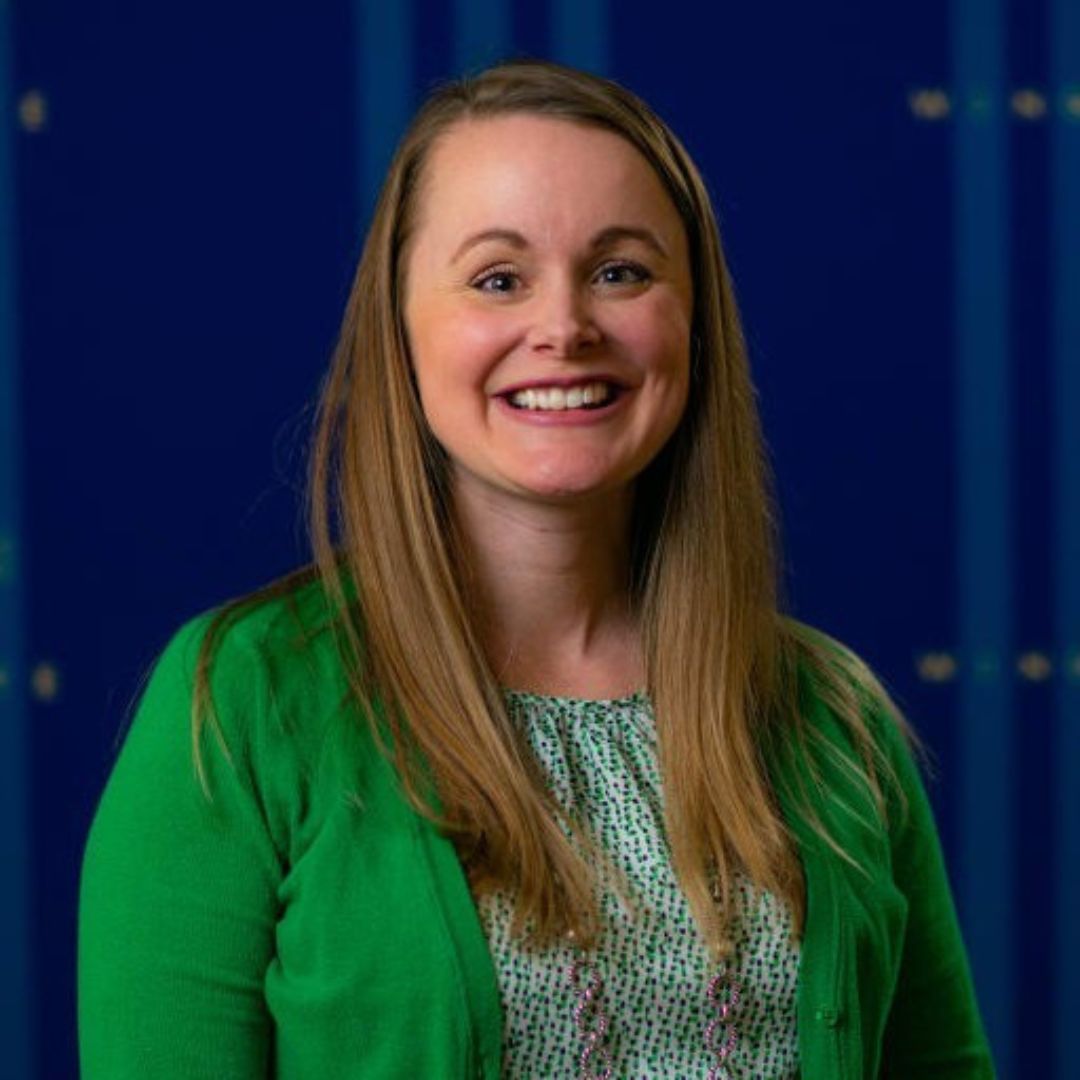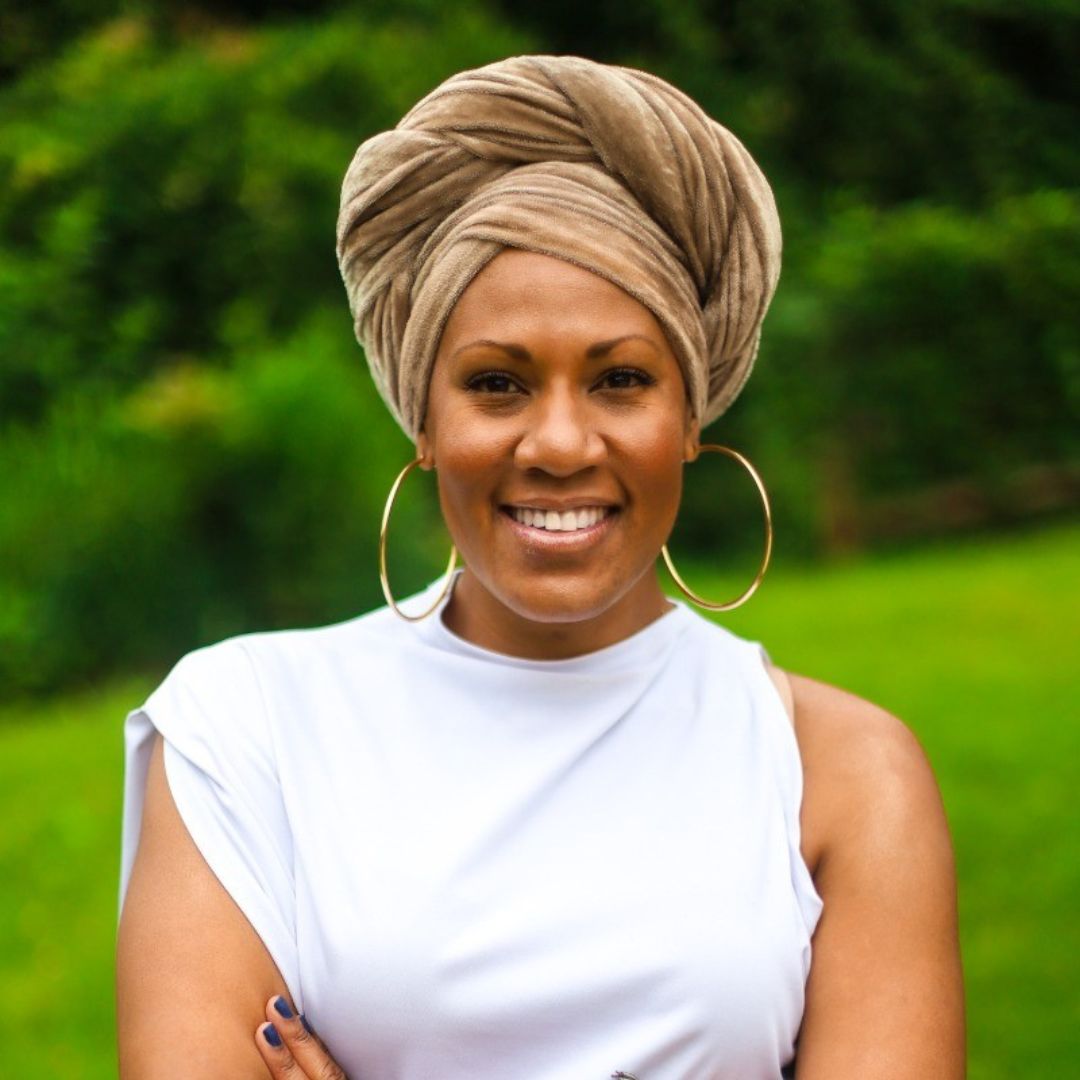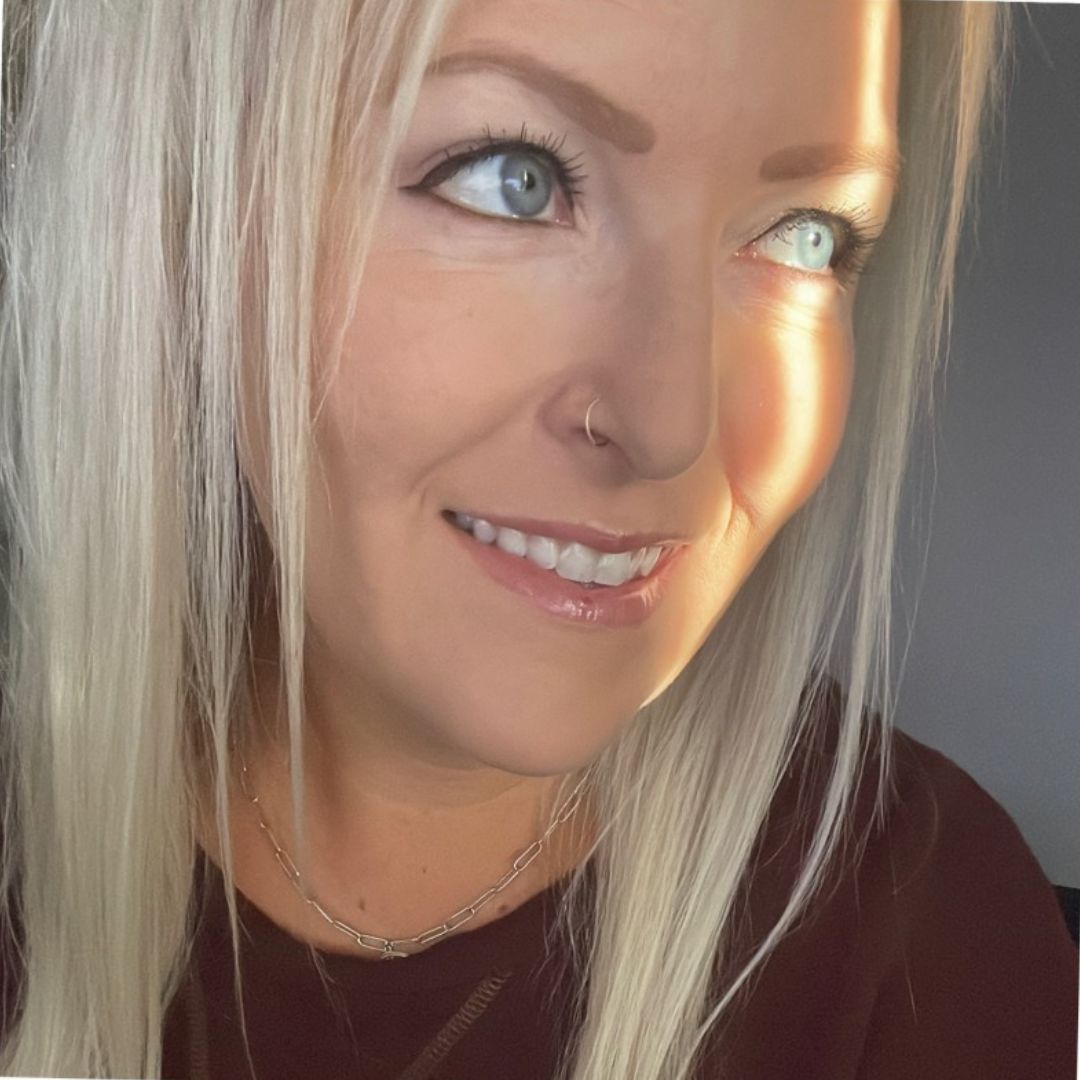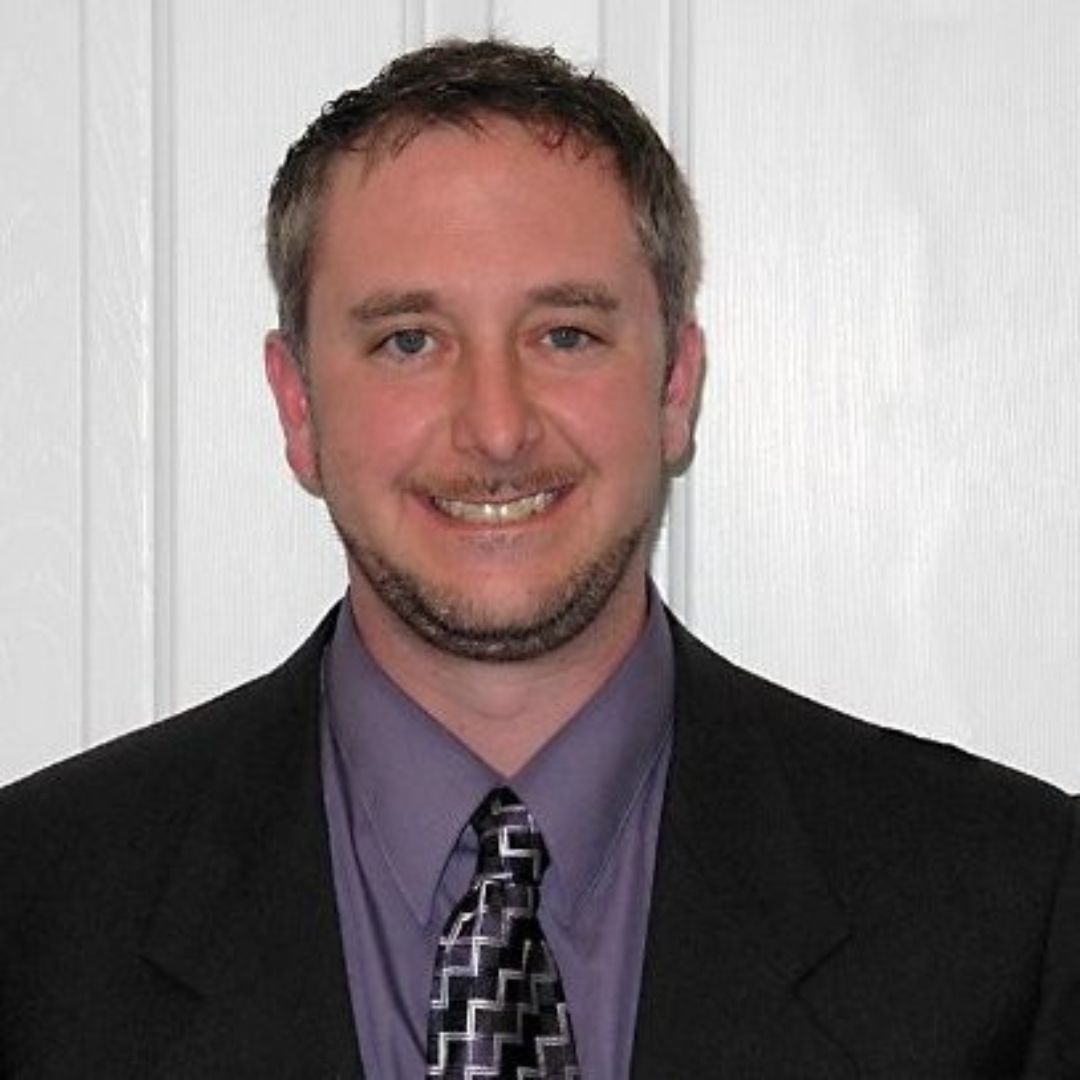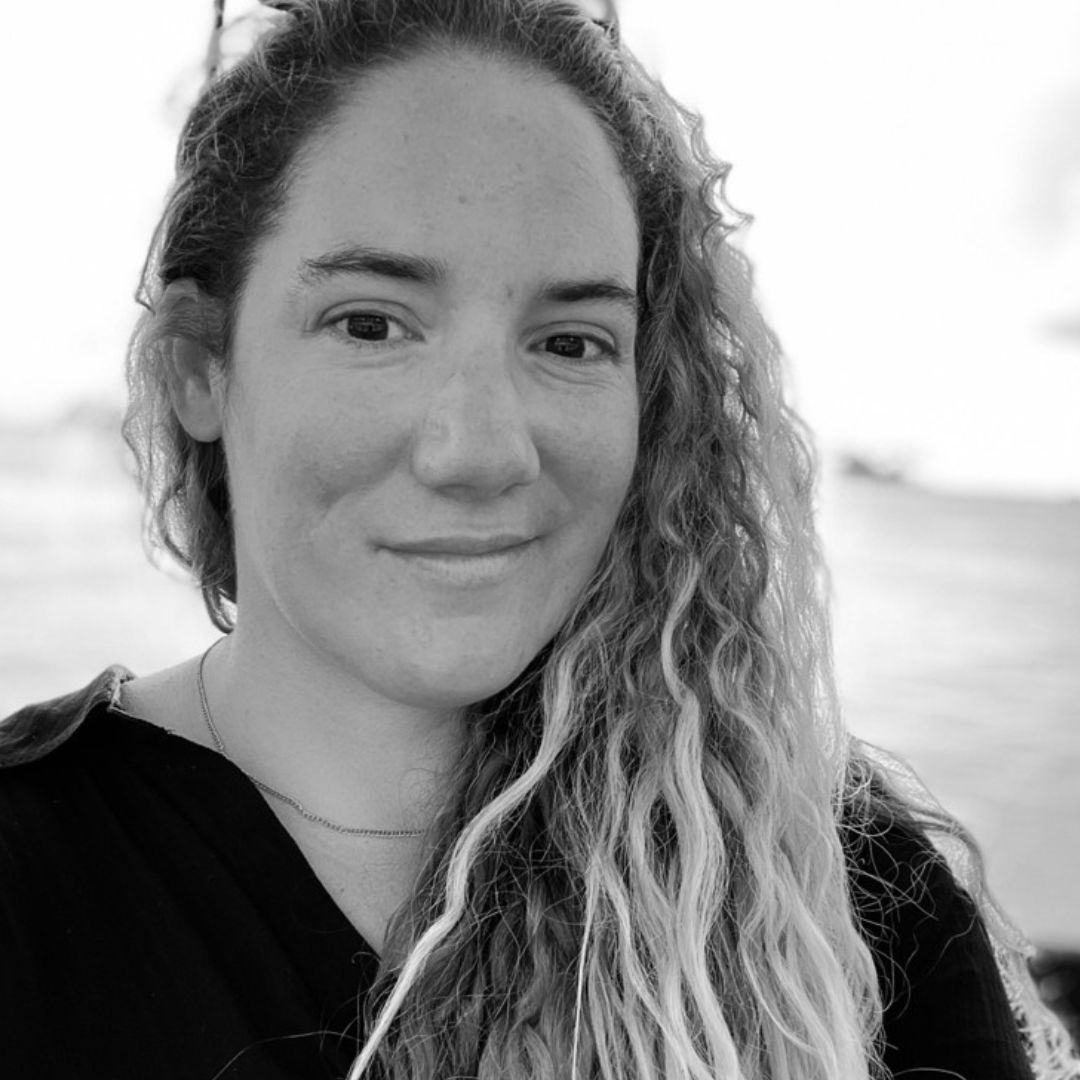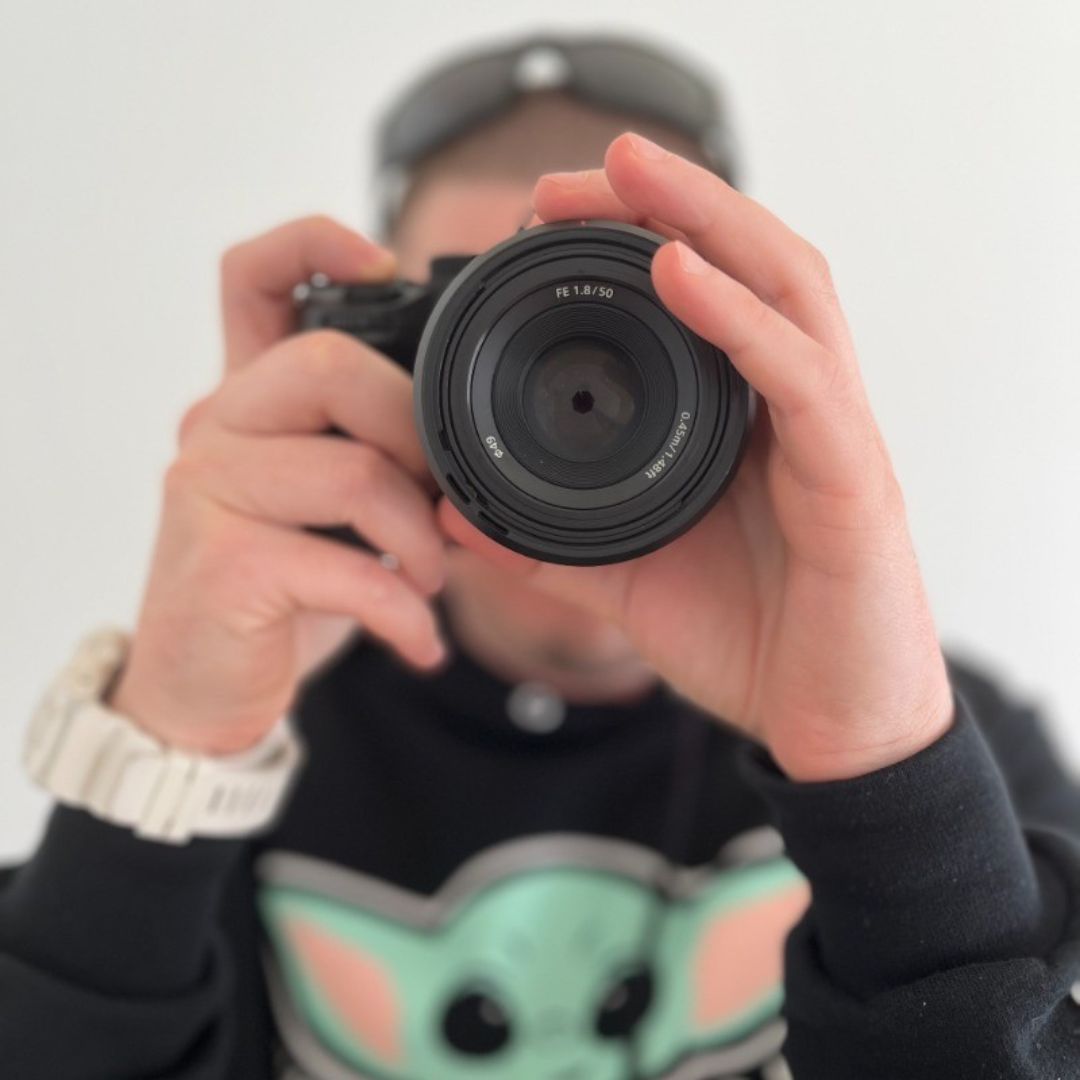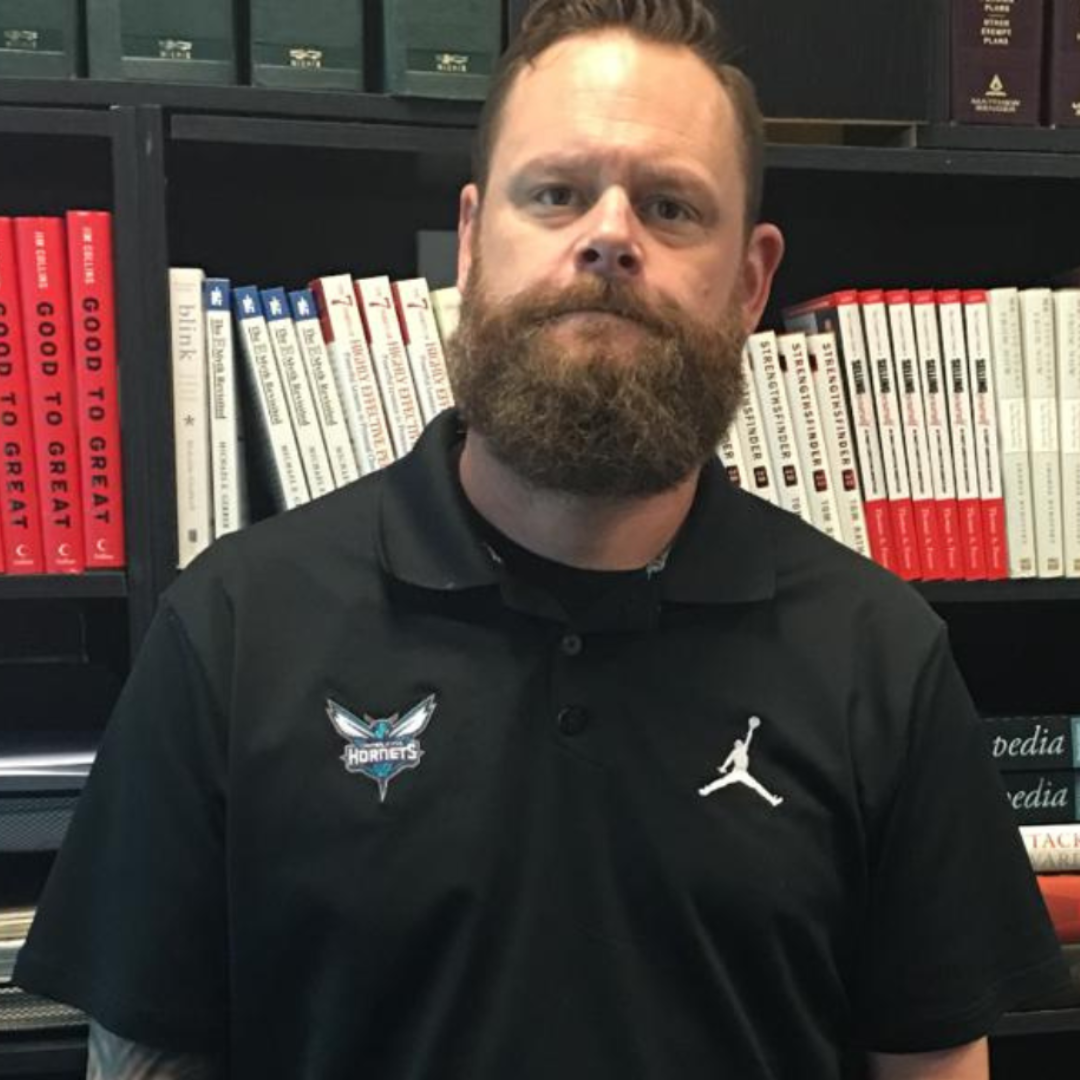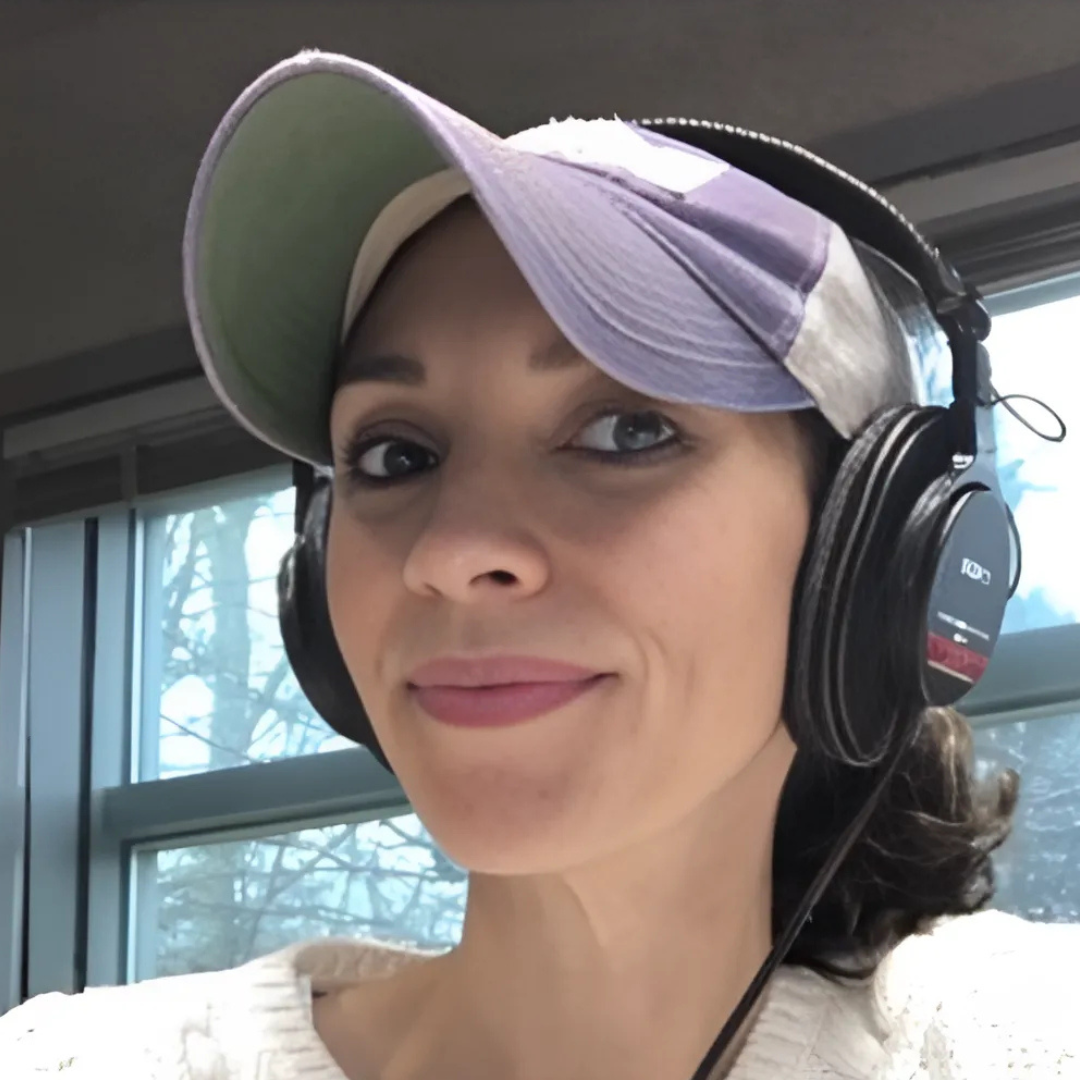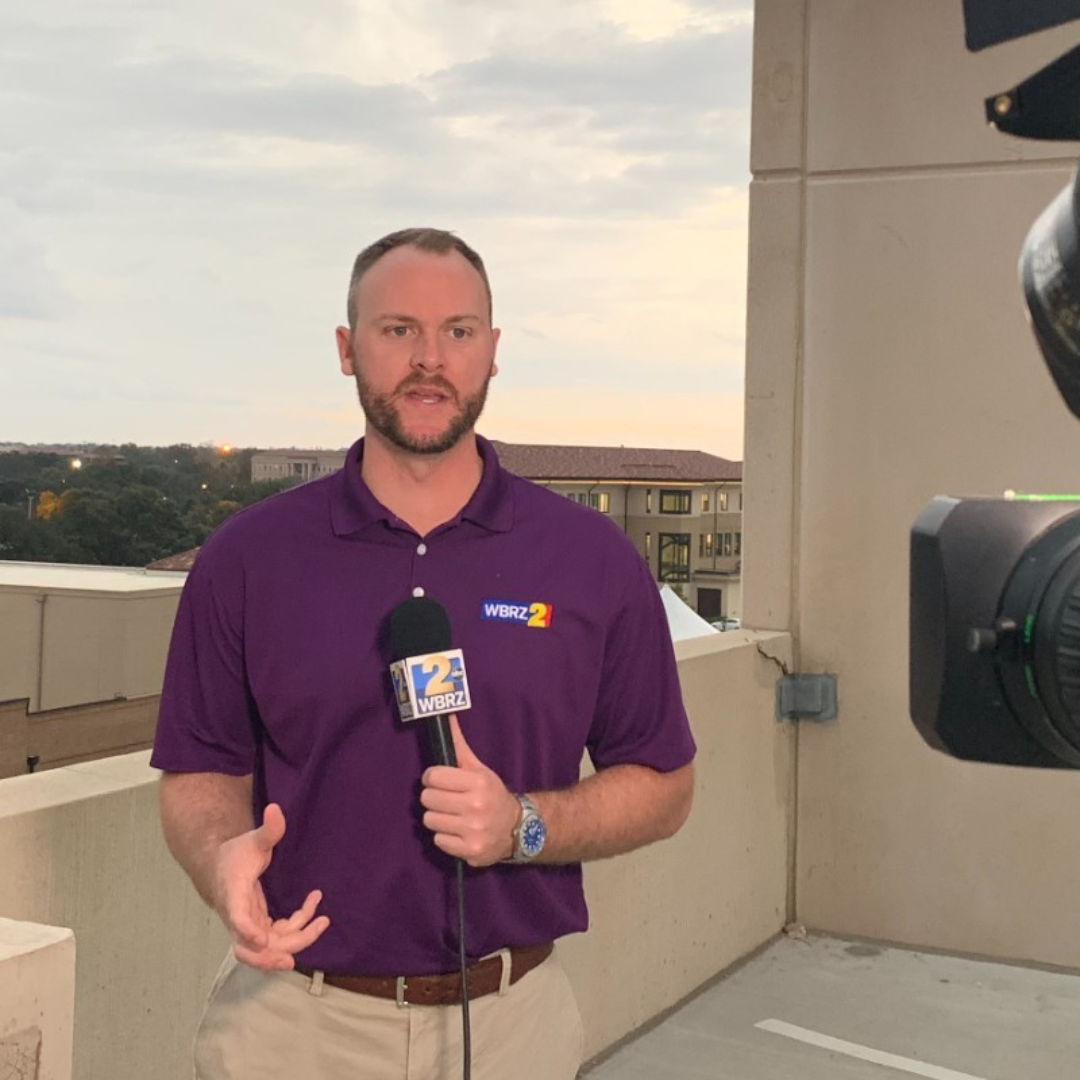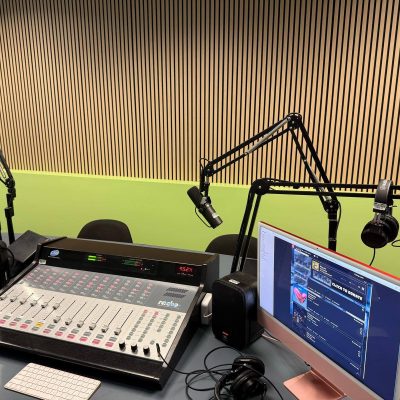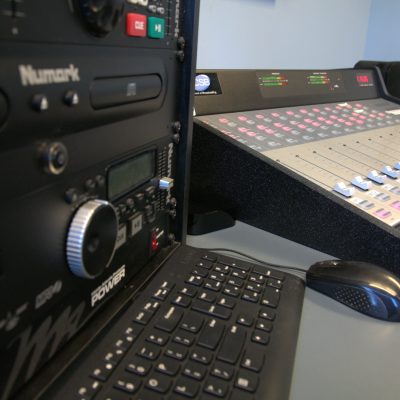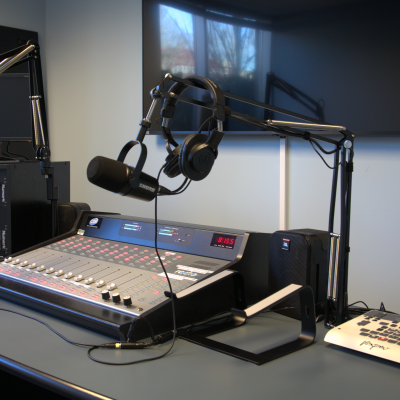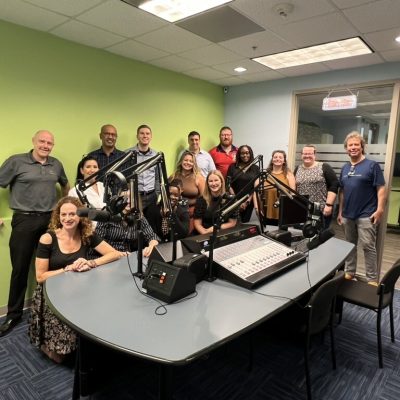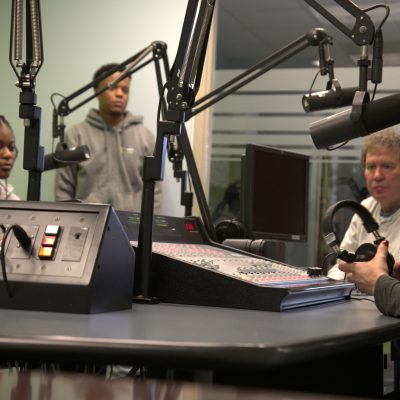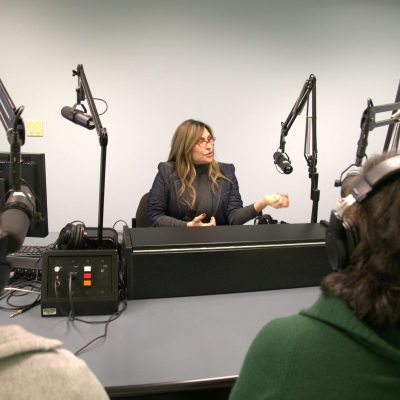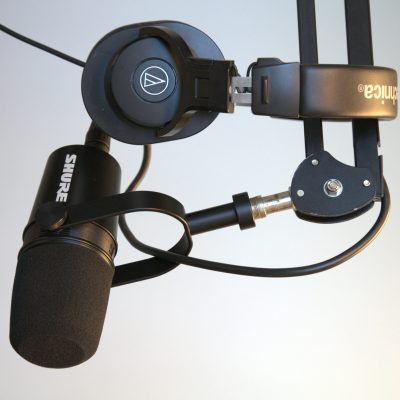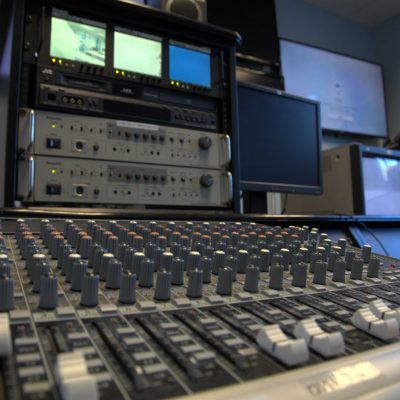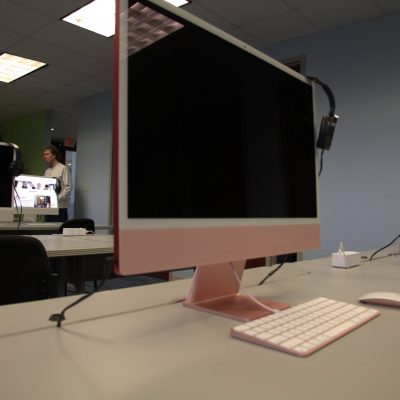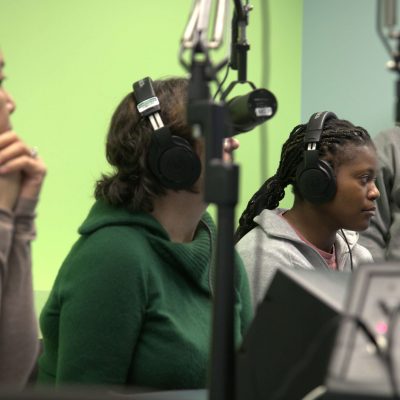
Catalog publishing information
Volume IIII 2026 – Updated 12/2025 Onsite At The Media Arts Center
3420 Toringdon Way | Suite 100 | Charlotte NC
mediaartsonsite.com | 704-502-1979
Click the titles to navigate between items.
$150 Application Fee
Program Includes 180 clock hours over 90 calendar days divided as follows:
- 24 three hour structured classes
- 24 three hour independent workshops
- 12 three hour guided lab blocks
$8970 Program Fee
- $150 debited on date of student application
- $2990 debited on date of signed agreement
- $2990 debited on the Program’s Start date
- $2990 debited 30 days after Program start
“I’ve spent over a quarter century in this industry watching individuals transform their creative dreams into thriving careers. Their success is our story. It takes guts and grit to turn an impossible dream into a tangible reality. There has never been a better time in history to create and share compelling content. If you’ve got the tenacity, we’ll give you the tools and talent to help you get there”.
– John Casson, Owner | President
| Program | Days | Times | Months Offered |
| AI for Business | T + Th | 10am – 1pm | Jan 27th 2026 – April 21st 2026 |
| Filmmaking Program | T + Th | 4pm – 7pm | Jan 27th 2026 – April 21st 2026 |
| Broadcasting Program | T + Th | 1pm – 4pm | March 31st 2026 – June 28th 2026 |
| Digital Social Media Program | T + Th | 10am – 1pm | February 24th 2026 – May 14th 2026 |
| Life Skills Media Program | M + We | 10am – 1pm, 2pm – 5pm | Jul 21st 2026 – Aug 27th 2026 |
| Creative Animation Program | T + Th | 10am – 1pm, 2pm – 5pm | Jul 21st 2026 – Aug 27th 2026 |
| E-commerce program | T + Th | 10am – 1pm | Sep 1st 2026 – Nov 18th 2026 |
| STEM for Media program | T + Th | 4pm – 7pm | Sep 1st 2026 – Nov 18th 2026 |
| Workshops | Fri | Same as Class | Same as Class |
| Holiday | Date |
| New Year’s Day | January 1 |
| Birthday of Martin Luther King, Jr. | January 20 |
| Washington’s Birthday | February 17 |
| Memorial Day | May 26 |
| Juneteenth National Independence Day | June 19 |
| Independence Day | July 4 |
| Labor Day | September 1 |
| Columbus Day | October 13 |
| Veterans Day | November 11 |
| Thanksgiving Day | November 27 |
| Christmas Day | December 25 |
Avocational schools in North Carolina operate independently and are not subject to the regulations of the State Board of Education.
The Media Arts Center is owned and operated by Operations Management Company doing business as The Media Arts Center.
The Media Arts Center is committed to transparency and providing prospective students with clear information about our programs, operations, and policies.
We aim to be the best choice for concise, affordable, non-nonsense, avocational programs in the communities we serve. Our greatest focus must always be on our students. To that end, we will keep tuition affordable, our classes relevant, our facilities spotless, and treat all students with the dignity and respect they deserve.
Programs are for the purpose of avocational training. They are designed for recreational, self improvement, or continuing education of occupationally qualified individuals.
We are dedicated to maintaining high educational standards and continuously improving our offerings based on student feedback. We are committed to helping our students achieve their personal and professional goals. That said, we make no promise on any individual outcome or promise to find work.
Email the President at john@ncmediaarts.com or schedule an in person appointment via the school website.
AI for Business Owners Program: This program explores the applications of artificial intelligence in business, focusing on strategic decision-making, automation, data analysis, and emerging AI trends. It aims to prepare business leaders to leverage AI for growth and innovation.
Broadcasting Media Program: This program delves into the fundamentals of audio and video production, performance techniques, and the essentials of broadcast journalism. It aims to equip students with the skills to excel in radio, television, and online broadcasting.
Creative Animation Media Program: This program focuses on the fundamentals of 2D and 3D animation across several tools and techniques using industry standard tools. Students will create models and animations, along with a professional portfolio.
Digital Social Media Marketing Program: This program explores the dynamic world of digital media, covering content creation, social media marketing, online advertising, and digital strategy. Students learn to leverage various digital platforms to tell compelling stories and engage audiences.
E-Commerce Program: This program focuses on practical development and management of an online store. Students learn all aspects of selling products and services online.
Filmmaking Media Program: This program provides a comprehensive introduction to filmmaking, covering all stages of production from pre-production and planning to shooting, editing, and post-production. Students gain hands-on experience in creating short films and documentaries.
Life Skills and Media Program: This program covers four key areas that matter in everyday life: communication, money management, understanding humor, and handling emotions.
STEM for Media Program: This program bridges technical knowledge with creative innovation, offering a deep dive into the evolving world of media production, animation, artificial intelligence, and engineering.
Full Program consists of 24 classes, 3-hours each class. Each class offers an optional workshop of three hours on Friday. Therefore, classes on Mondays and Wednesdays would have workshops on Fridays. An instructor is available on all class days and a lab assistant is available during workshops hours. A student completing the program will have completed 72 classroom hours and 36 workshops, and 72 independent lab hours – for a total of 180 session hours.
Capstone Program consists of 4 programs completed over 12 months, for a total of 96 classes. Each program follows the Single Program format with structured classes and optional labs. An instructor is available for all class sessions and a lab assistant for all workshop hours. A student completing the capstone program will have completed 288 clock hours of instruction, 144 workshop hours, and 288 independent lab hours – for a total of 720 hours.
Sequence
Classes are structured so that students learn an industry skill, practice what they learn, and get critiqued on the resulting performance.
Computer Labs:
- 8 Apple M2 desktop computers:
- 24-inch 4.5K Retina displays (500 nits brightness, 1 billion colors)
- 1080p FaceTime HD camera
- Studio-quality three-mic array
- Six-speaker sound system with Spatial Audio
- Software: Adobe Premiere Pro, Microsoft 365, Adobe Creative Cloud, Zoom
- Security features: Encryption, virus protection, firewall
- Peripherals: Color-matched Magic Mouse and Magic Keyboard
- Connectivity: Thunderbolt/USB 4 ports, USB 3 ports, headphone jack, Gigabit Ethernet, Wi-Fi 6E, Bluetooth 5.3
- Storage: Fast SSD storage
- 2 remote laptop computers
- 10 swivel back executive chairs with side-rests
- 10 adjustable computer desks (fixed and remote raise)
Studios
- Video production studio with sound cards, video cards, and other hardware
- Master control room:
- Switchers
- Monitors
- Controllers
- Remote teleprompter
- Two large cameras with built-in teleprompters
- Three distinct audio studios with professional control boards, custom desks, 3 computers, and 8 Shore professional microphones.
Production Equipment:
- 10 large screen televisions
- Remote lighting with C-stands and tripods for video cameras
- Remote operating capabilities and portable technology with travel cases
- Updated technology in cameras, editing software, audio equipment, and movie cameras
- Portable and fixed lighting kits
Common Areas:
- Four separate green screen areas
- Multiple furnished areas for movie sets
- Two dedicated lab areas for hands-on work
- Scene-ready suites with couches, chairs, and professional decor
- Office-style kitchen stocked with snacks, soda, water, and popcorn
- Open enrollment: You must interview for the spot and be accepted by the director. If under 18, a guardian must accompany you.
- No formal academic qualifications: You generally don’t need a high school diploma or GED to participate. Your G.P.A. must be 2.0 or greater at time of application.
- Age restrictions: Under 18 requires parent approval. Under 13 not admitted.
- Motivation and interest: The main requirement is a genuine interest in the subject matter and a desire to learn and grow.
- Basic application process: You’ll need to fill out a simple application form with your contact information and basic details, read the catalog, sign the agreement, and pay all fees.
- No transcripts or placement tests: These are typically not required for avocational programs.
Attendance requirements at The Media Arts Center are generally more relaxed than those for vocational or academic programs. However, attendance is still important for several reasons:
- Learning and progress: Consistent attendance helps you stay on track with the curriculum and make steady progress in developing your skills or knowledge.
- Engagement and participation: Active participation is key to getting the most out of your program. Regular attendance allows you to engage with instructors and fellow students, ask questions, and contribute to discussions.
- Skill development: Consistent practice to build skills and improve technique.
- Respect for instructors and classmates: Regular attendance shows respect for the instructor’s time and effort and demonstrates your commitment to the learning process.
The Media Arts Center defines “satisfactory academic progress” a bit differently than in a traditional academic setting. Here’s how you can gauge your progress:
- Skill Development:
- Assess your practical skills: Are you able to apply the techniques and concepts you’ve learned? Can you operate equipment, create content, or perform tasks that were previously challenging?
- Feedback from instructors: Actively seek feedback from your instructors on your assignments and projects. This will help you identify areas for improvement and track your growth.
- Self-reflection: Regularly evaluate your own work and identify areas where you’ve made progress and areas where you still need to focus.
- Successful project completion: Are you able to complete projects and assignments that meet the program’s expectations?
- Quality of work: Is the quality of your work improving over time? Are you demonstrating creativity, technical proficiency, and attention to detail?
- Meeting deadlines: Are you able to manage your time effectively and meet project deadlines?
- Active Participation:
- Class attendance and engagement: Are you attending classes regularly and actively participating in discussions and activities?
- Asking questions: Are you asking questions to clarify concepts and deepen your understanding?
- Collaboration with peers: Are you effectively collaborating with classmates on projects and assignments?
- Personal Growth:
- Increased confidence: Do you feel more confident in your abilities and knowledge in the chosen field?
- Expanded creativity: Are you exploring new ideas and pushing your creative boundaries?
- Enhanced passion: Has the program deepened your passion for the subject matter?
Remember:
- Progress is personal: Everyone learns and progresses at their own pace. Focus on your individual growth and celebrate your achievements.
- Set goals: Setting clear goals for yourself can help you stay motivated and track your progress.
- Enjoy the process: The programs are about personal enrichment and enjoyment. Don’t put too much pressure on yourself and remember to have fun!
By actively engaging in the program, seeking feedback, and reflecting on your own development, you’ll be able to gauge your progress and ensure you’re getting the most out of your experience at The Media Arts Center.
- Formal Recognition:
- Creating a portfolio of your work that showcases your skills and accomplishments. This is the single most important thing you can take away.
- The Media Arts Center offers a certificate if you have met the requirements to earn it (e.g., minimum attendance, project submissions).
- Skill-Based Completion:
- Mastery of core skills: Have you gained the practical skills and knowledge outlined in the program’s curriculum? Can you confidently apply those skills in real-world situations?
- Project completion: Have you successfully completed the key projects or assignments that demonstrate your abilities?
- Instructor assessment: Has your instructor acknowledged your proficiency and skill development throughout the program?
- Experience-Based Completion:
- Active participation: Have you actively participated in classes, workshops, and hands-on activities?
- Engagement with the learning process: Have you shown a genuine interest in learning and a willingness to explore new concepts and techniques?
- Collaboration and networking: Have you engaged with fellow students and instructors, building connections and sharing experiences?
- Personal Growth Completion:
- Increased confidence: Do you feel more confident in your abilities and knowledge within the field?
- Expanded creativity: Have you explored new creative avenues and pushed your boundaries?
- Achieved personal goals: Have you met the personal goals you set for yourself at the beginning of the program?
The Media Arts Center’s focus on hands-on experience and individualized learning means that your sense of completion will likely be tied to your own development and the confidence you gain in your newfound abilities.
Media Arts Center certificates include:
- Student’s name: The full name of the student who completed the program.
- Program name: The title of the program.
- Dates of attendance: The season and year of the program.
- Institution name: The name and logo of The Media Arts Center.
- Director’s signature: The signature of the instructor or program director.
- Unique identifier: A unique certificate number or ID for tracking purposes.
They will not include:
- Grades or GPA: The Media Arts Center programs do not assign traditional grades or calculate a GPA (Grade Point Average).
- Course-specific details: The certificate may not list individual courses or modules within the program.
- Credit hours: Avocational programs usually don’t award academic credit hours.
Students are expected to conduct themselves professionally and with respect toward instructors, staff, peers, and equipment. Disruptive behavior may cause disciplinary action, including dismissal from the program.
A student will be refunded 100% refund of all tuition if the program in which the student is officially enrolled is canceled by the school.
A 75% refund of tuition shall be made if the student officially withdraws from the program before the 10 percent point of the term. A student who officially withdraws after 10% of mark is not entitled to a refund.
Application fee is nonrefundable.
Expelling a student from The Media Arts Center is reserved for situations where the student’s behavior significantly disrupts the learning environment or poses a risk to others. Since our programs prioritize personal enrichment and often have more relaxed standards than formal academic institutions, expulsion is less common. Here are some situations where expulsion might be considered justifiable:
- Disruptive Behavior:
- Repeated disruptions: A student constantly disrupts classes, workshops, or other activities, preventing others from learning or participating fully.
- Disregard for instructor or staff: A student repeatedly ignores or disrespects instructors, staff, or fellow students.
- Bullying or harassment: A student engages in bullying, harassment, or discrimination towards others, creating a hostile environment.
- Safety Concerns:
- Threats or violence: A student makes threats of violence or engages in physical altercations.
- Possession of weapons or drugs: A student brings weapons or illegal drugs onto school property.
- Theft or property damage: A student steals or intentionally damages school property or the belongings of others.
- Violation of School Policies:
- Piracy: Intentionally using copy written music, videos, copy, or other materials without full authorization.
- Non-Payment:
- Failure to pay tuition: In some cases, a student may be expelled for non-payment of tuition, especially after repeated attempts to collect payment.
Students wishing to withdraw from the program must provide written notice to the administration.
Students may request a leave of absence due to extenuating circumstances. This does not change payment terms or due dates.
The Media Arts Center has a clear, accessible, and fair policy regarding complaints. Here’s a breakdown of key elements:
- Purpose and Scope:
- This is for issues with instruction, facilities, student conduct, and administrative matters only.
- For matters that may involve criminal conduct, students are encouraged to contact the police.
- Informal Resolution:
- Students should try to resolve issues directly with the instructor or relevant staff member or student whenever possible.
- Don’t simply complain. Communicate your concerns effectively, and express the resolution or desired outcome you seek.
- Formal Complaint Procedure:
- Students must submit their complaint in writing, including details of the issue, dates, individuals involved, and desired resolution to the School Director.
- The School Director will establish a reasonable timeframe for providing a response or initiating an investigation.
- The Director will gather information, interview relevant parties, and review evidence.
- The Director’s final decision will be made and communicated to the student, including any potential actions or remedies.
- Student complaints will be treated confidentially to the extent possible, while also acknowledging that some information may need to be shared with relevant individuals involved in the investigation.
We will maintain records of all complaints and their resolution for a reasonable period. This will help identify trends and areas for improvement.
Students are not permitted to make any disparaging or negative statements, written or oral, about the Company, its employees, or its services without first following these formal complaints procedures in full. Violation may result in a civil lawsuit.
Advertising materials for The Media Arts Center may include the images of students and faculty. Some of the students shown are graduates of the school’s program, rather than the school itself.
The Media Arts Center does not have an admissions staff and will never attempt to recruit you. Potential students who express interest must:
- Read the syllabus of the Program of interest
- Read the school catalog, which is a part of the enrollment agreement.
- Be given the option of touring the school and meeting with the director.
- Request an application for enrollment be sent to them by the school director.
The Media Arts Center may use photographs, video recordings, or other digital media during your participation in programs and activities at the School. This permission includes the use of these images in promotional materials, including but not limited to brochures, websites, social media, and other advertising formats. You will not receive any compensation for the use of image or likeness in these materials. The School may use your image for an indefinite period unless you provide written notice not to do so prior to the video or image creation. You may withdraw this permission by providing written notice to the School prior to any project or promotion.
You release and hold harmless The Media Arts Center and its students and staff from any claims, demands, or causes of action arising from the use of my image in accordance with this release.
Students are prohibited from using copyrighted materials in their projects without proper licensing or permission. This includes but is not limited to music, images, video clips, and text. Violation of this policy may cause disciplinary action, including dismissal from the program.
















